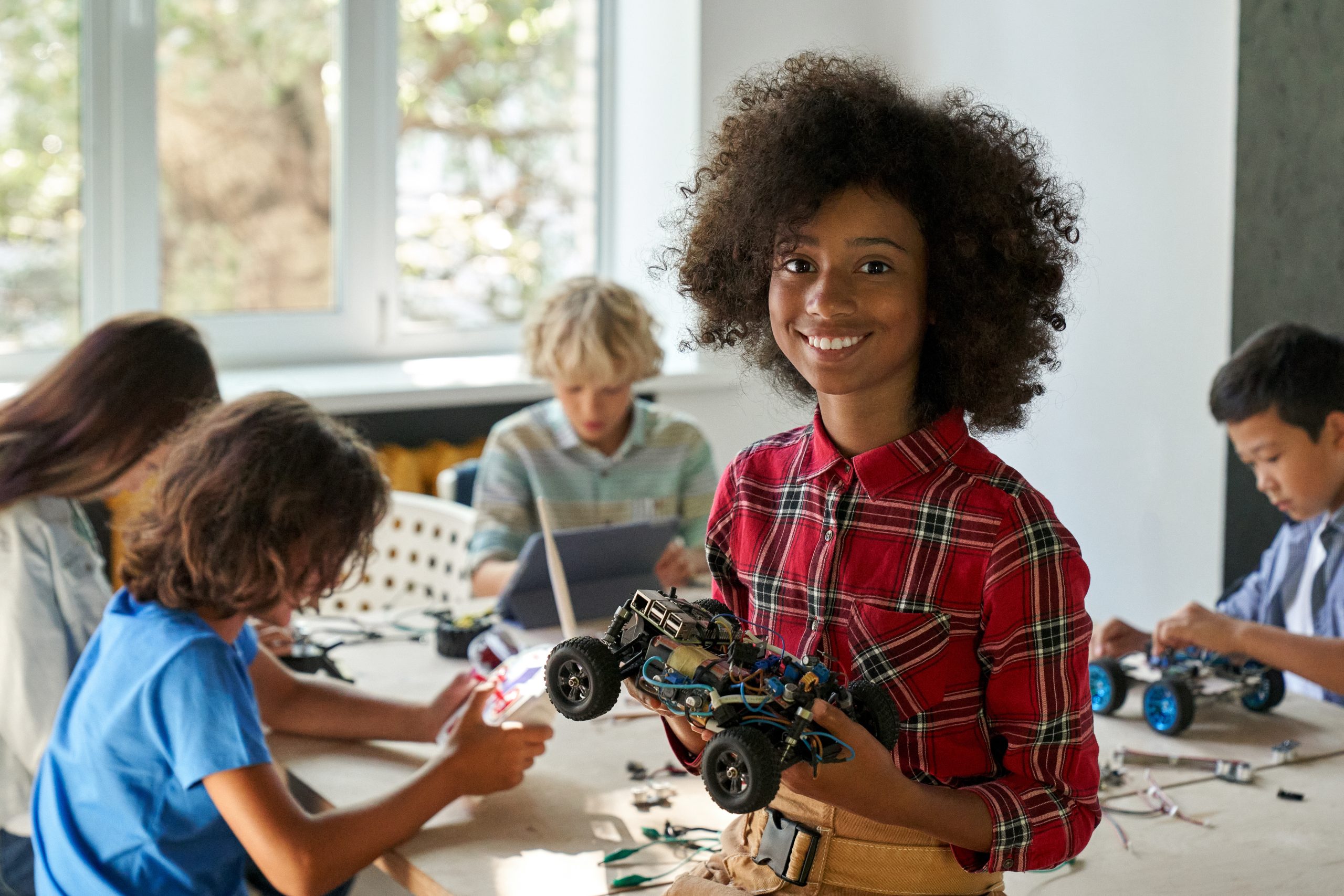Agriculture
Students embark on an exciting journey to explore the fascinating world of agriculture, farming, and the importance of sustainable food production. Our program is designed to provide students with hands-on experiences, interactive lessons, and engaging activities that promote a deeper understanding of agriculture and its significance in our lives.

Program Objectives
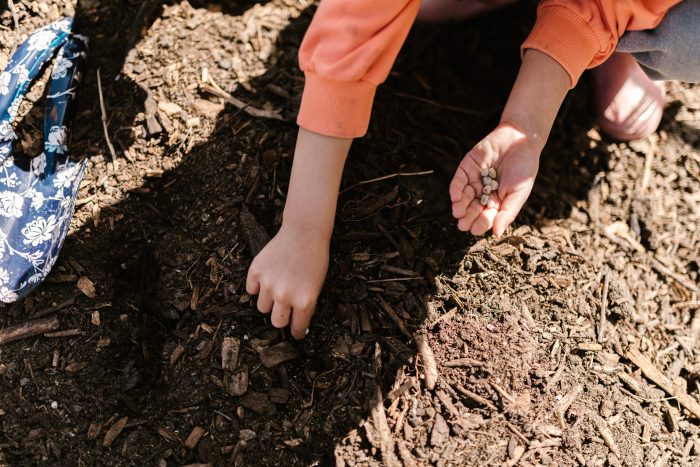
Education about Agriculture: The program aims to educate students about the fundamentals of agriculture, including plant growth, animal husbandry, and the process of food production. Students will gain knowledge about farming practices, agricultural technologies, and the importance of sustainable farming methods.
Promoting Healthy Eating Habits: By learning about agriculture, students will develop an appreciation for fresh and nutritious food. They will understand the importance of healthy eating habits and make connections between farming practices and the food on their plates.

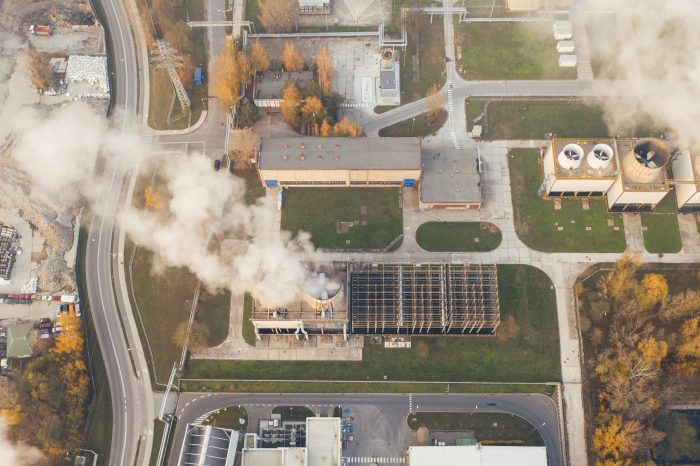
Environmental Awareness: The program emphasizes the importance of environmental stewardship and sustainable practices in agriculture. Students will learn about conservation, the impact of agriculture on ecosystems, and the role of responsible farming in preserving natural resources.
Hands-on Learning: The program offers hands-on activities, allowing students to actively participate in agricultural experiences. They will engage in planting and caring for crops, tending to animals, and observing the growth process firsthand.

Program Activities:
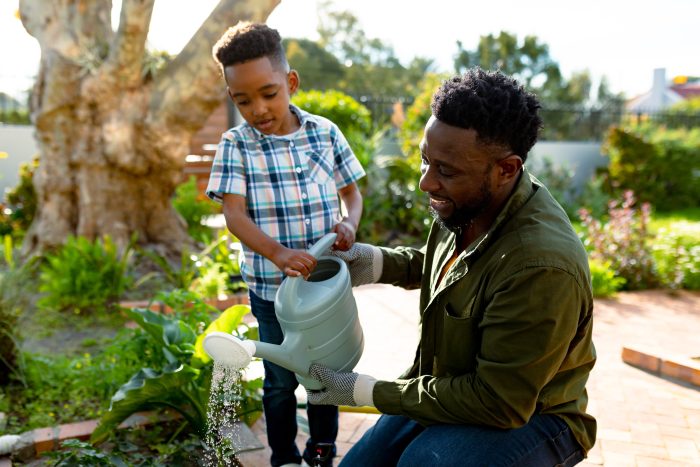
Gardening and Plant Care: Students will learn about the life cycle of plants, from seed to harvest. Through hands-on gardening activities, they will plant seeds, nurture and care for plants, and observe their growth over time. They will learn about soil composition, watering techniques, and the importance of sunlight in plant growth.
Animal Husbandry: Students will have the opportunity to interact with farm animals and learn about their needs and care. They will understand the responsibilities of raising animals, including feeding, sheltering, and ensuring their well-being. This hands-on experience will deepen their understanding of the animal-human connection and the role of livestock in agriculture.
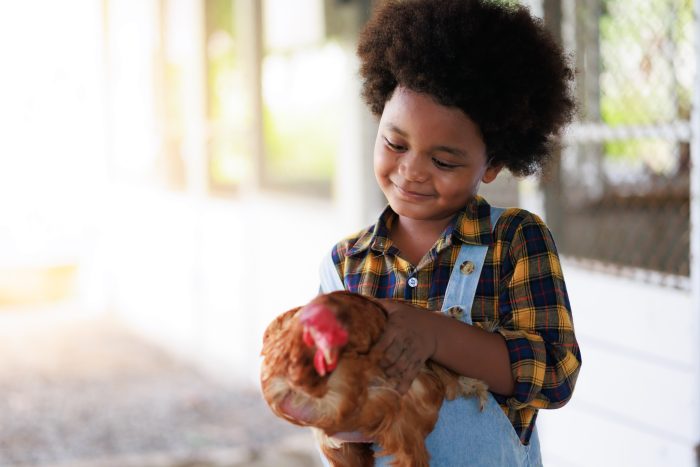
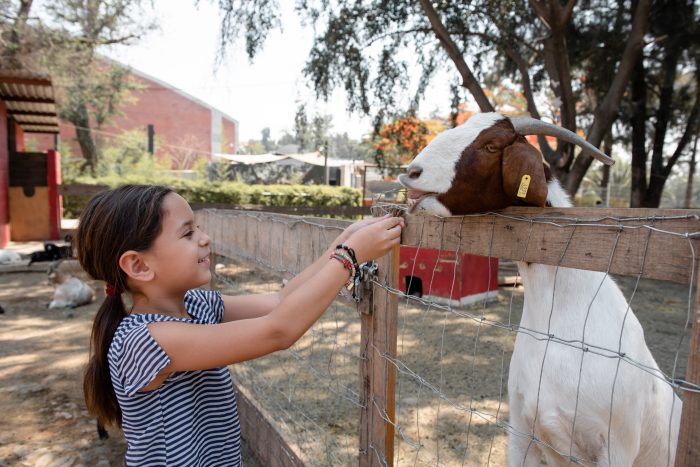
Farm Visits and Field Trips: Students will visit local farms or agricultural centers to gain a firsthand experience of farming practices. They will have the opportunity to interact with farmers, observe farm machinery, and learn about different agricultural techniques. Field trips may also include visits to farmers’ markets or agricultural fairs to understand the broader impact of agriculture on the community.
Food Production and Processing: Students will learn about the journey of food from farm to table. They will explore the process of food production, including harvesting, processing, and packaging. They will understand the importance of food safety and hygiene practices during food processing and distribution.


Environmental Awareness Projects: The program may include projects focused on environmental sustainability, such as composting, recycling, or creating a school garden. Students will learn about the impact of their actions on the environment and develop a sense of responsibility towards preserving natural resources.


